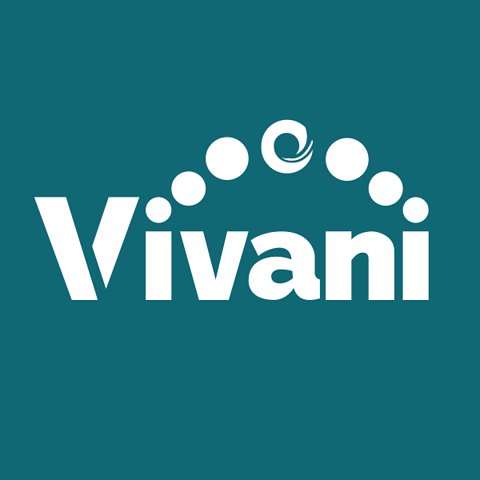
Vivani Medical's Implantable GLP-1 Aims to Disrupt Obesity Treatment Landscape
Vivani Medical is advancing its ultra-long-acting semaglutide implant, potentially offering a once- or twice-yearly alternative to daily injections for chronic weight management. The company is gearing up for Phase 1 trials and securing funding amidst a booming GLP-1 market.
Vivani Medical's Implantable GLP-1 Aims to Disrupt Obesity Treatment Landscape
November 13, 2025
A New Approach to Weight Management
Vivani Medical is taking a novel approach to chronic weight management with its miniaturized, ultra-long-acting drug implant program. The company recently announced progress toward initiating Phase 1 clinical studies for NPM-139, a semaglutide implant designed to provide extended-release medication for obesity and related health conditions. This innovative technology aims to address the challenges of patient adherence and tolerability commonly associated with current treatment options, which largely rely on daily or weekly injections. With a rapidly growing obesity epidemic and a booming market for GLP-1 receptor agonists, Vivani is positioning itself to potentially disrupt the status quo with a convenient and potentially more effective solution.
Disrupting the GLP-1 Market
The GLP-1 receptor agonist market, currently dominated by Novo Nordisk and Eli Lilly, is experiencing explosive growth. Driven by the increasing prevalence of obesity and type 2 diabetes, the market is projected to reach significant heights in the coming years. While these existing treatments have demonstrated efficacy in weight loss and metabolic control, they often require frequent administration, posing challenges for patient compliance. Vivani’s NanoPortal platform, the core of its implantable technology, seeks to overcome this hurdle by offering a once- or twice-yearly dosing regimen. “The convenience factor is huge,” notes an industry analyst. “If they can demonstrate comparable efficacy to the injectables with a significantly reduced dosing frequency, it could be a game-changer.”
Vivani’s approach centers on a miniature implant containing the entire drug dosage, designed for subdermal insertion. This eliminates the need for pumps or electronic components, potentially enhancing device reliability and reducing the risk of complications. The company is specifically targeting patients who struggle with adherence to daily or weekly injections, offering a simplified treatment option that could improve long-term outcomes. However, entering a market so heavily populated by established players presents significant challenges. “Convincing prescribers and patients to switch to a new delivery method will require robust clinical data and a compelling value proposition,” says a healthcare consultant.
NanoPortal Technology and Patent Protection
The success of Vivani’s strategy hinges on the performance and reliability of its NanoPortal platform. This technology utilizes vertically aligned nanotubes to control the release of the drug over an extended period. The design allows for the delivery of large hydrophilic molecules, such as peptides and proteins, opening doors to potential applications beyond semaglutide. Vivani holds key patents protecting its implant technology, including WO2018067535 and WO2015112811A1, which are expected to provide intellectual property protection through the next decade.
“The ability to maintain drug stability and control the release rate over an extended period is crucial for the success of any implantable drug delivery system,” explains a materials scientist specializing in drug delivery. “The NanoPortal technology appears to address these challenges with a novel design and innovative materials.” The company’s emphasis on a fully drug-filled implant, eliminating the need for pumps or complex electronics, further simplifies the device and reduces the risk of mechanical failures.
Financial Health and Future Outlook
Vivani Medical is financially positioning itself to advance its development pipeline. The company recently completed a series of equity financings, generating approximately $25.7 million in cash and commitments. This funding is intended to support the Phase 1 clinical study of NPM-139 and other ongoing research and development activities. While the company reported a net loss of $6.5 million in the most recent quarter, reflecting continued investments in R&D, investors appear confident in its long-term prospects. The planned spin-off of its Cortigent brain implant business is expected to unlock additional value and streamline the company’s focus.
“The company’s ability to secure funding in a challenging economic environment is a testament to the potential of its technology,” notes an investment analyst. “However, the company will need to demonstrate continued progress in clinical trials and secure regulatory approvals to achieve its full potential.” As Vivani prepares to initiate Phase 1 studies, the company is also actively exploring partnerships with pharmaceutical companies to accelerate the development and commercialization of its implantable drug delivery platform. With the obesity epidemic continuing to rise and the demand for effective and convenient treatments increasing, Vivani Medical is poised to play a significant role in shaping the future of weight management.
